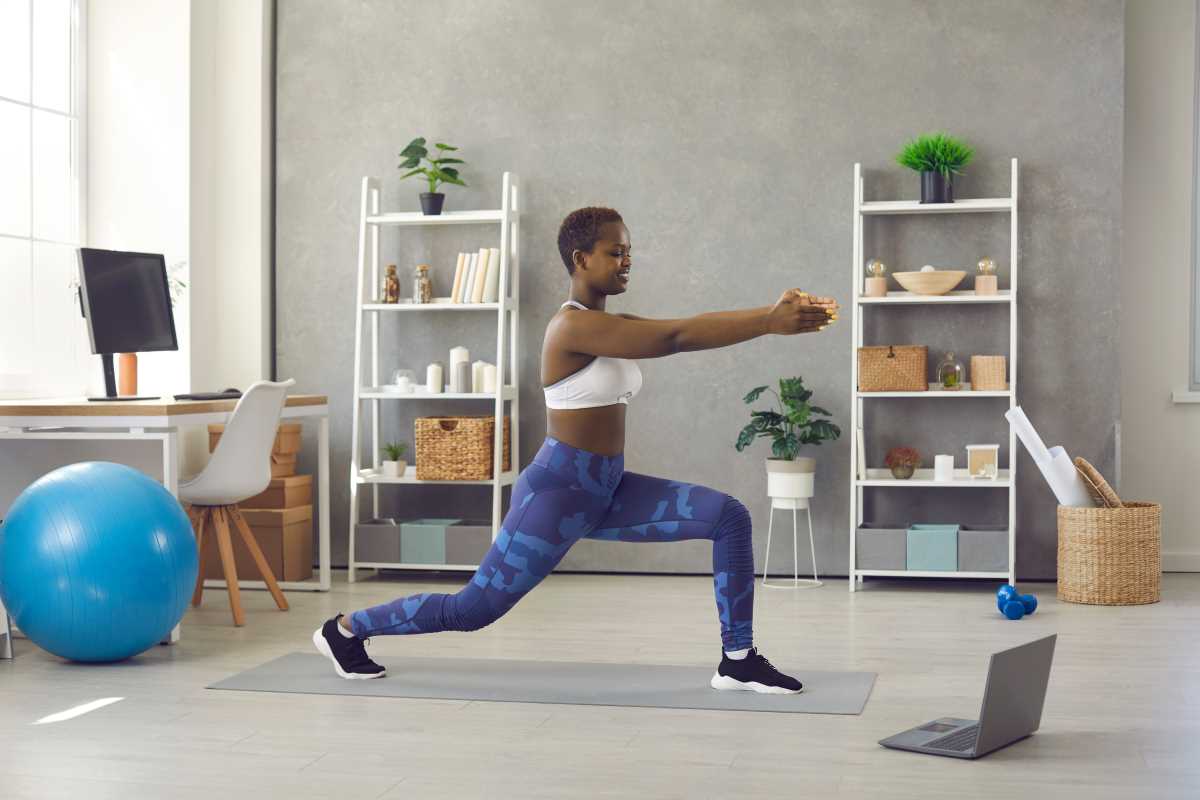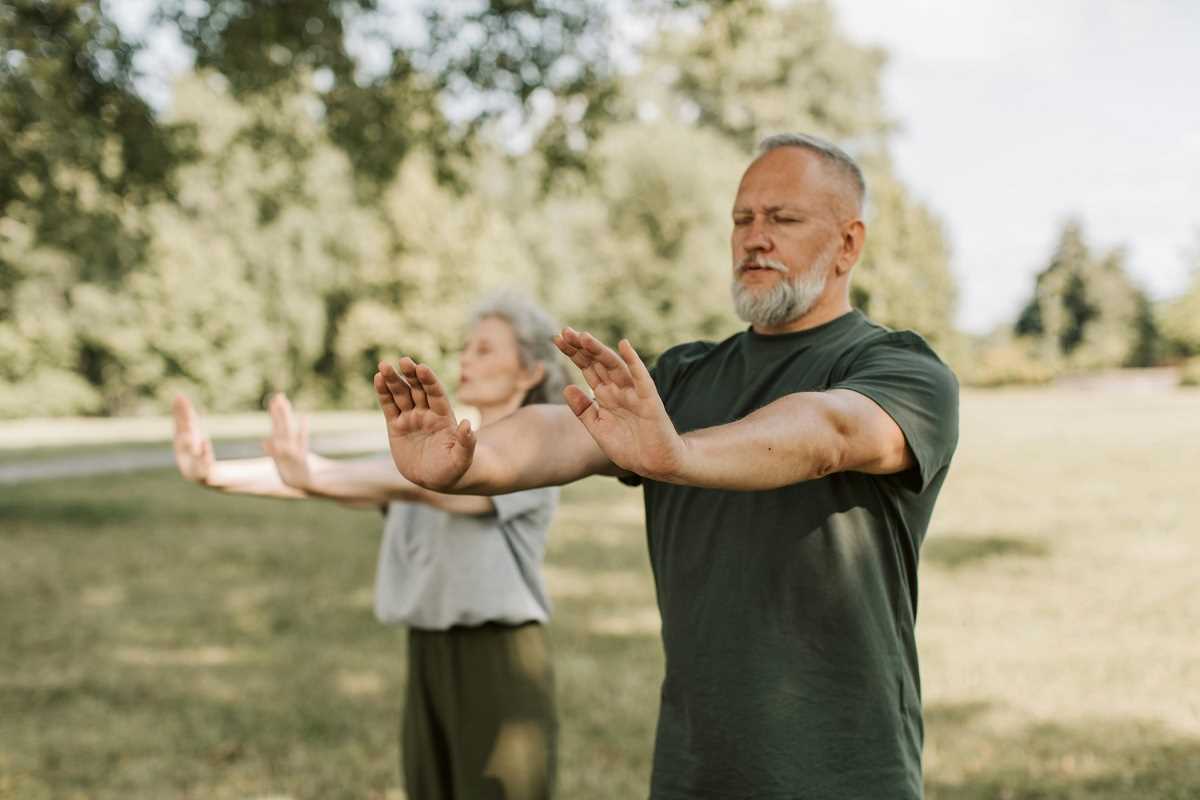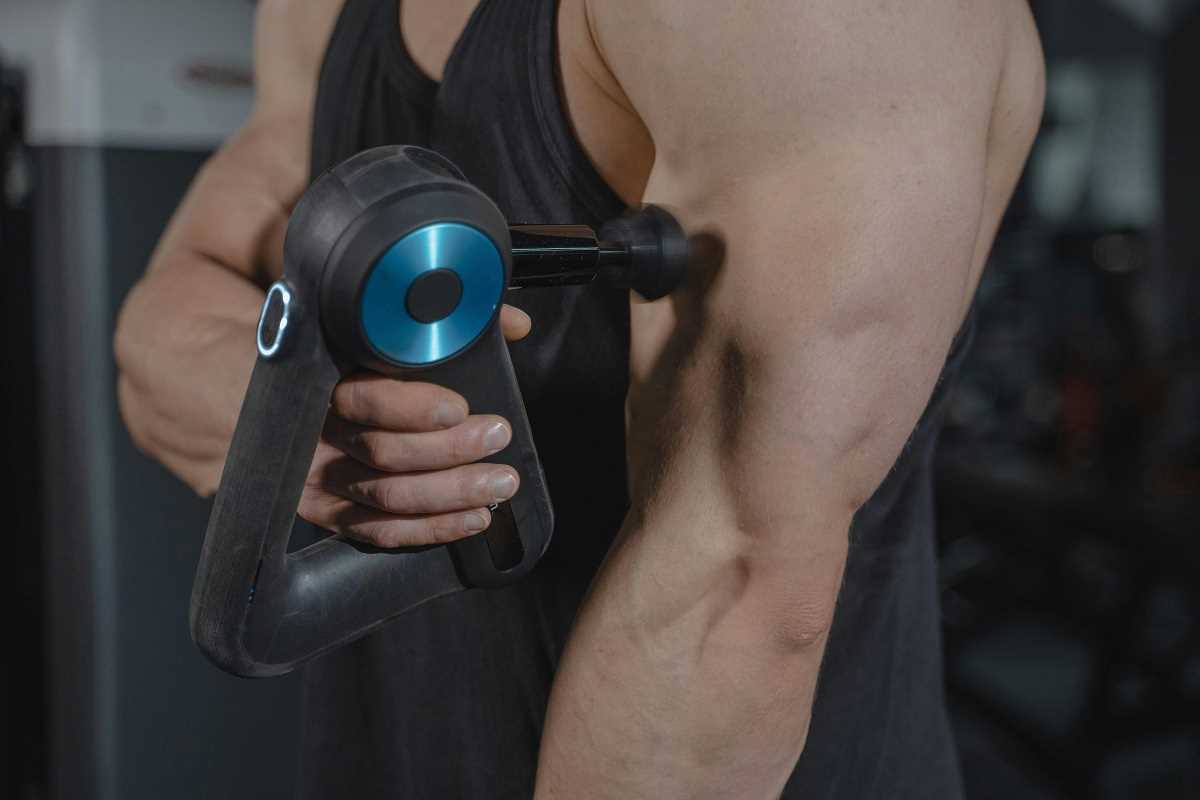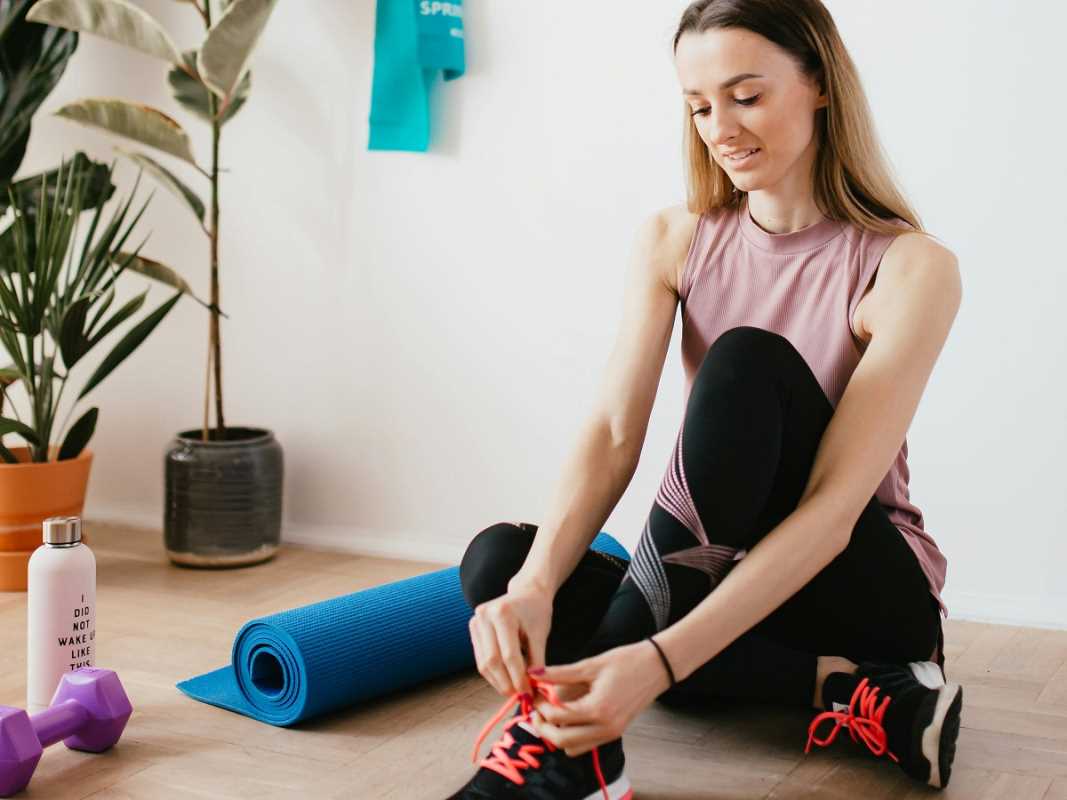When it comes to crushing fitness goals, we often focus on training plans, nutrition, and hydration strategies. But there’s one powerful performance enhancer most people overlook—sleep. Sleep is more than just a nightly recharge; it’s a dynamic cycle that impacts every aspect of your athletic performance, from muscle recovery to reaction times and even injury prevention. Understanding your sleep cycles and how they contribute to fitness can make all the difference in reaching peak performance.
Breaking Down the Sleep Cycle
Your sleep isn’t one long, uninterrupted stretch of rest. It’s a series of cycles, each lasting about 90 minutes, where your brain and body perform specific tasks to repair, recharge, and prepare for the next day. There are two main parts of the sleep cycle worth knowing about:
Non-REM Sleep (NREM)
NREM sleep consists of three stages, each deeper than the last. These stages make up about 75% of your total sleep time and are crucial for physical recovery.
- Stage 1: This is the transition from wakefulness to sleep, lasting just a few minutes.
- Stage 2: Light sleep, where your heart rate and breathing slow, and your body temperature starts to drop.
- Stage 3: Deep sleep, also known as slow-wave sleep, is where the magic happens. It’s during this phase that your body focuses on tissue repair and muscle growth. Growth hormones are released here, making it key for recovery after intense workouts.
REM Sleep
Rapid Eye Movement (REM) sleep, making up about 25% of your sleep, is when your brain becomes highly active. This is the stage where dreaming occurs, but more importantly, it’s where cognitive restoration happens. Memory consolidation, emotional processing, and learning of new motor skills are fine-tuned during REM. Athletes who are learning new techniques or plays need this stage as much as they need practice on the field.
How Sleep Impacts Athletic Performance
- Muscle Recovery and Growth
- You might think a protein shake post-workout is enough for muscle repair, but without proper sleep, those gains may go down the drain. During deep NREM sleep, your body repairs damaged muscle tissues and synthesizes proteins vital for growth. Athletes who skip out on sleep often see slower recovery and increased soreness, directly impacting their next workout.
- Cognitive Function and Decision-Making
- Whether it’s hitting a fastball, nailing a tricky yoga pose, or making a split-second call during a game, your brain needs to be sharp. Enter REM sleep. This stage boosts reaction times, improves coordination, and strengthens neural connections important for motor tasks. Studies show that athletes who sleep longer perform better in sports requiring precision, like tennis and basketball.
- Reaction Times and Injury Prevention
- A single night of poor sleep can slow your reaction time significantly, setting you up for mistakes and potentially dangerous injuries, especially in contact sports or high-speed activities. Research reveals that athletes sleeping less than six hours per night had a 1.7x higher risk of injury compared to those getting eight or more hours. Proper sleep isn’t just about running faster; it’s about staying safe.
- Immune Function
- Sleep plays a role in keeping your immune system strong. Athletes involved in intense training cycles are at a higher risk of falling sick if they skimp on sleep, as crucial restorative processes, such as cytokine production, occur during the night. Cytokines work to fight inflammation, repair tissues, and keep those sniffles at bay.
Practical Tips for Better Sleep to Boost Fitness
Now that you know just how vital sleep is, how can you optimize it for better fitness performance? The good news is you don’t need fancy gadgets or rituals to make the most of your shuteye. A few actionable changes can make a world of difference.
1. Stick to a Sleep Schedule
Your body loves consistency. Go to bed and wake up at the same time every day, even on weekends. This helps regulate your internal clock (circadian rhythm), so you’ll fall asleep faster and have more restful nights.
2. Create a Pre-Sleep Routine
The hours before bed matter. Wind down with relaxing activities like reading or stretching. Avoid bright screens, as the blue light can interfere with melatonin production, the hormone that signals your brain it’s time to sleep.
3. Perfect Your Sleep Environment
Keep your bedroom cool (about 65-68°F), dark, and quiet. Investing in supportive pillows and a quality mattress isn’t a luxury; it’s a performance tool.
4. Avoid Late-Night Eating or Drinking
Eating late can disrupt your digestive system, making it hard to fall asleep. Similarly, caffeinated drinks late in the day should be avoided. Alcohol, while relaxing at first, interferes with deep NREM and REM stages later in the night.
5. Limit Naps
Naps can be helpful if you’re playing catch-up, but keep them short (under 30 minutes) and take them earlier in the day. Long naps close to bedtime can throw off your nightly sleep cycle.
6. Extend Sleep Before Competition
Leading up to a big game or event, aim for at least an hour of additional sleep per night. Known as “sleep banking,” this practice helps your body cope with stress and enhances your performance.
7. Track Your Sleep
Wrist-based fitness trackers or sleep apps can provide insight into how much deep and REM sleep you’re getting. While not 100% accurate, they’re great for learning your sleep patterns and identifying issues.
8. Experiment With Relaxation Techniques
If stress or anxiety is keeping you up, try mindfulness meditation or deep breathing exercises before bedtime. Guided sleep apps are a great tool to ease you into relaxation.
9. Address Sleep Disorders
If you’re constantly tired despite sleeping, it may be worth speaking to a specialist. Conditions like sleep apnea or insomnia can severely impact your athletic goals but are treatable with the right guidance.
10. Hydrate Smartly
Hydration is critical, but limit liquids right before bed to avoid disruptive bathroom trips during the night.
Sleep as the Silent MVP
Sleep is undoubtedly one of the most underappreciated performance enhancers for athletes and fitness enthusiasts alike. Each sleep stage, from light NREM to REM, contributes uniquely to physical recovery, cognitive sharpness, and emotional resilience. Going hard in the gym is important, but so is going easy when it’s time for bed.
 (Image via
(Image via





